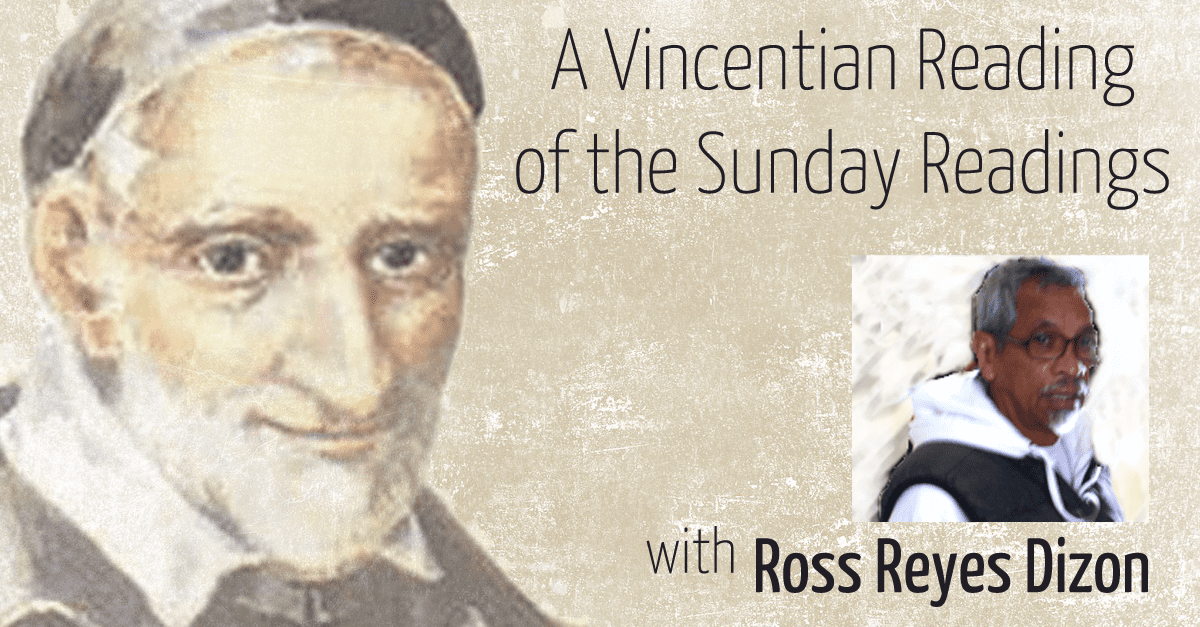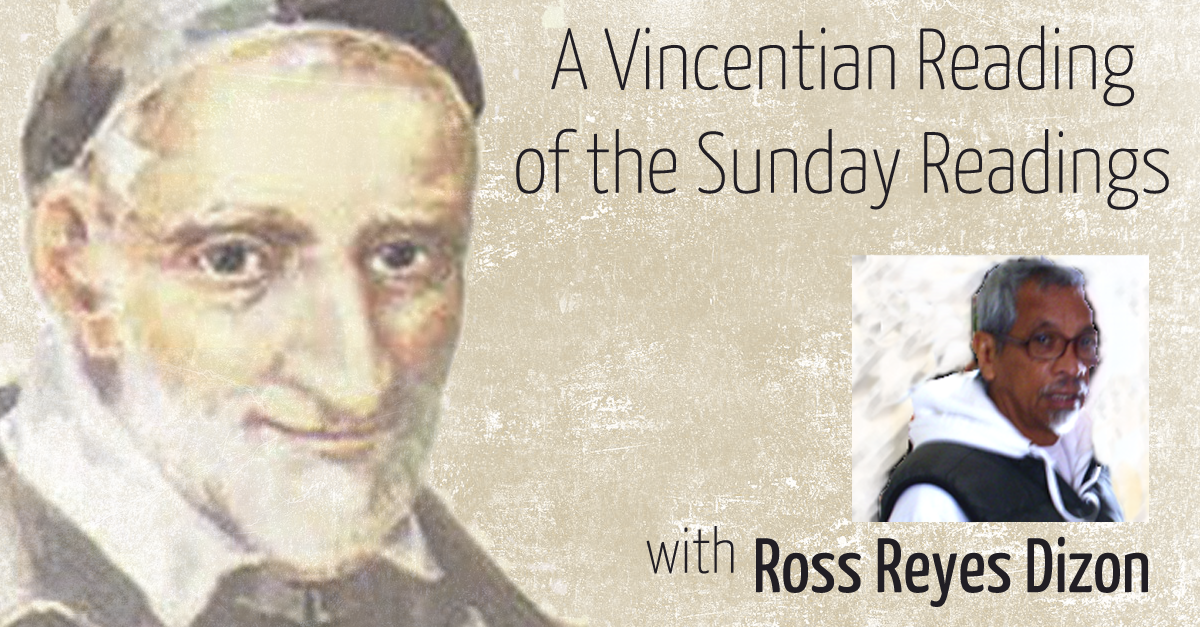Glory and new life through love
Jesus reveals to us the way of love that leads to glory and the new life.
Judas leaves to carry out fully his betrayal. It is night, which does not mean that the light no longer shines in the darkness.
Divine glory still shines brightly. Jesus speaks of it to his disciples:
Now is the Son of Man glorified, and God is glorified in him. [If God is glorified in him,] God will also glorify him in himself, and he will glorify him at once.
Though deeply troubled, Jesus is not worried about himself. His concern is about God’s glory and about his children, with whom he will be only a little while longer.
Jesus comforts them. He does not want them to be crushed by the sadness that comes with saying goodbye. Neither does he want them to be unfaithful, given especially that if people persecute the Teacher, they will equally persecute the disciples. Paul and Barnabas will be like him, since years later they will encourage the early Christian communities, telling them, “It is necessary for us to undergo many hardships to enter the kingdom of God.”
The Teacher makes clear to his disciples that they cannot remain faithful, nor will people know them as Christians, unless they love one another as he has loved them. This is to say that to be a follower of Jesus is to love to the end, unto death on the cross even.
To love so does not belong to those who stop at beautiful words, at sweet conversations with God in prayer, at lofty godly sentiments. It is proper to those who, well aware of the teaching, “By this my Father glorified, that you bear much fruit and become my disciples,” love God and everyone, as a brother or a sister, with the strength of their arms and the sweat of their brows (SV.FR XI:40).
More than a doctrine that one must memorize, the indispensable love that Jesus prescribes is a new way of life. It is a way of life that is part and parcel not so much of a system of beliefs, as of the “Way,” a simple designation of Christianity in the Acts of the Apostles.
The mutual love that Jesus leaves us as his last will and testament is consummated on the cross, wherein glory paradoxically lies. Just as Jesus, on giving his body up and shedding his blood, gave glory to the Father and received it from the Father—for thus did he accomplish the work the Father had given him—so also do we Christians give glory to Christ and receive it from him to the extent that we persevere in the faith that works through love.
Lord Jesus, make us pass, through love, from the darkness of death to the glory of the new life.
April 24, 2016
5th Sunday of Easter (C)
Acts 14, 21-27; Rev 21, 1-5a; Jn 13, 31-33a. 34-35








0 Comments